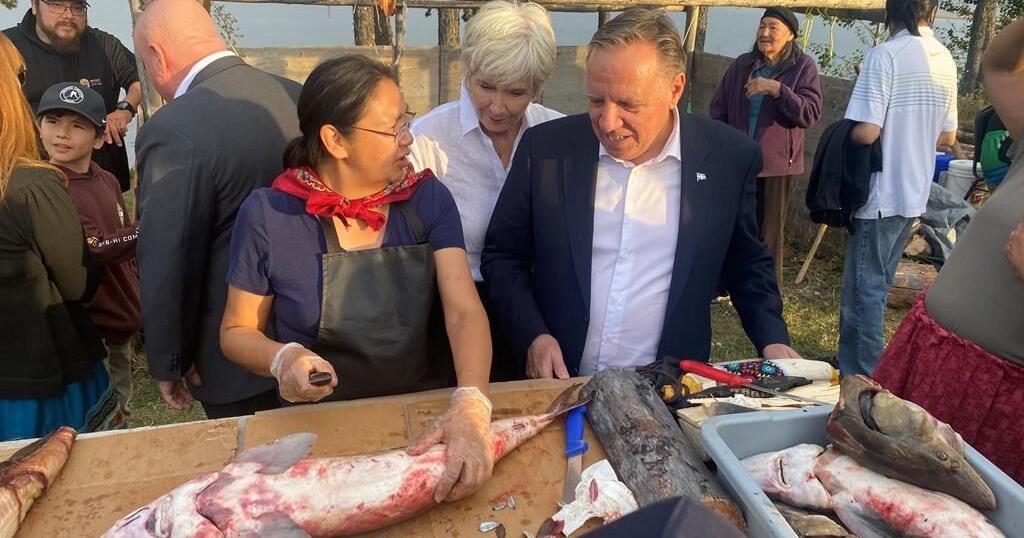OTTAWA – A decision by organizers of the Pride parade in Ottawa to boycott Israeli companies is prompting a growing number of participants to pull out of the festivities, including the federal Liberal Party.
The Capital Pride committee condemned the brutal attack by Hamas last fall, and also accused the Israeli government of touting its LGBTQ+ inclusivity to distract from carnage in the Gaza Strip.
The committee endorsed a campaign to boycott Israeli companies, which it says is aimed at ending the war in Gaza and getting justice for both Israelis and Palestinians.
Jewish groups said the statement made their community feel excluded and unsafe, which prompted Ottawa Mayor Mark Sutcliffe to say he wouldn’t participate in the week-long festival.
Public Service Pride network, a volunteer organization of federal civil servants, says it won’t have a presence in the parade this year, saying it will instead focus on “inclusive, safe and people-centred events.”
The federal Liberal Party says it won’t be part of the events, while community groups, government agencies and embassies have been deliberating whether to march in the parade this coming Sunday.
“In light of recent decisions made by the Capital Pride board, the Liberal Party has decided not to participate in Capital Pride events this year, and instead will host our own event to celebrate Ottawa’s 2SLGBTQI+ communities,” wrote party spokesman Parker Lund.
Capital Pride organizers released a statement Monday, stressing that they didn’t want to make anyone feel excluded. They noted that their previous statement focused on the actions of Israel and not Jewish people, while calling out antisemitism as well as Islamophobia.
The Aug. 6 statement had accused Israel of pinkwashing, a term that refers to superficial support of LGBTQ+ people that doesn’t actually advance inclusion.
“Part of the growing Islamophobic sentiment we are witnessing is fuelled by the (pinkwashing) of the war in Gaza and racist notions that all Palestinians are homophobic and transphobic,” the original statement reads.
“By portraying itself as a protector of the rights of queer and trans people in the Middle East, Israel seeks to draw attention away from its abhorrent human rights abuses against Palestinians. We refuse to be complicit in this violence.”
Germany’s embassy in Ottawa accused Capital Pride of delegitimizing Israel by supporting the boycott, divestment and sanctions (BDS) movement.
“We will not support delegitimizing (Israel) nor promoting BDS. Pride events have to be a safe and supportive space for all 2SLGBTQIA+ people,” the embassy wrote on X, the platform formerly known as Twitter.
Those events shouldn’t “be misused for other political purposes,” the embassy said.
The Israeli embassy has in recent years had staff march as part of the multinational Diplomats for Equality cohort, an informal grouping of staff from various diplomatic missions.
The Ottawa Senior Pride Network will continue its plans to march near the front of the parade as this year’s group of honour. The group stressed that it is neutral on the Middle East and doesn’t endorse the organizers’ stance.
“Making statements outside our mission is not within our mandate,” the group wrote in a statement. “Many of our members have expressed pain, discomfort, sadness and some even want us to withdraw from the festival.”
This report by The Canadian Press was first published Aug. 19, 2024.























